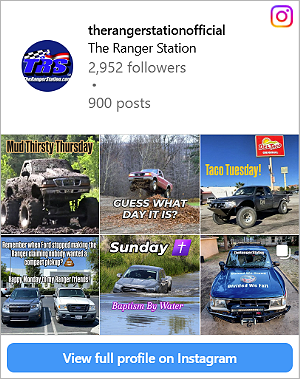I support common sense
Well-Known Member
- Joined
- Apr 17, 2025
- Messages
- 91
- City
- N/A
- State - Country
- TN - USA
- Vehicle Year
- 99
- Vehicle
- Ford Ranger
- Drive
- 2WD
- Engine
- 3.0 V6
- Transmission
- Automatic
- Total Lift
- 2”
- Tire Size
- 15”
Anybody got any knowledge in this area? I read that the flex model may be tougher in the long run because it has anti corrosive parts.














